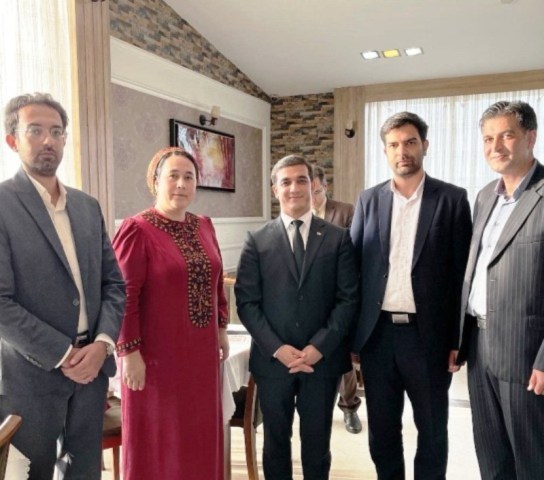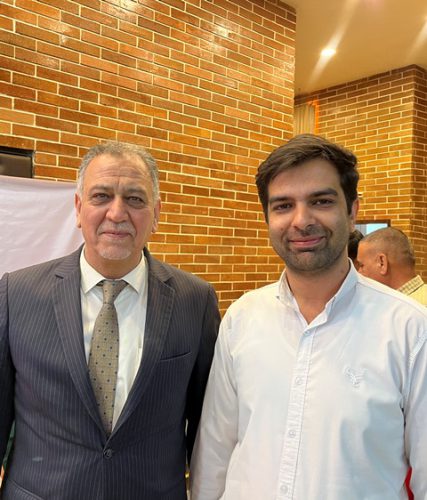MANDATORY CERTIFICATE OF CONFORMITY GOST R
The mandatory certificate of conformity is a document, in which the independent from producers and consumers bodies prove the suitability of a product with certain safety requirements of normative documents. Product Certification in Russia hinges on the Law no. 2300-1 of 7 february 1992 “On protection of consumers’ rights” and on the federal Law no. 184 of 27 december 2002 “On Technical Regulation.”
The State agency – the Federal Agency on Technical Regulating and Metrology (Rosstandard) adopted the nomenclature of the products, against which the legislation of the Russian Federation provide for the mandatory certification. That nomenclature is a list of products categorized according to the filing ОК 005-93 Russian, and a list of normative documents GOST, SanPiN (Standards & Sanitary Rules), etc. Sales to consumers of goods that are part of this nomenclature, and customs clearance are impossible without the certificate of conformity.
The certificate is issued only in reference to the Customs Code to a homogeneous group of products. The certificate will include the name of the commercial product with its customs code, the code of the product according to the internal classifier, the Russian regulations and standards of reference, the name of the producer and the applicant.
The certificate is required its use in two distinct phases:
1-Arrival of the goods to customs officials check whether the Customs Code of the goods exported is subject to certification. In this case, the goods cannot be cleared unless a copy of the certificate accompanies it.
2-In connection with inspections carried out on the open market by the supervisory authorities, including the customs authority, which verifies the merchandise offered for sale and the presence of the relevant documents required by law.
Products subject to mandatory certification
The Russian government has adopted Resolution No. 982 of 01/12/2009 a new list of products subject to mandatory certification, entered into force on 15.02.2010.
Types and validity of the certificate
There are ten types of certification schemes, which differ based on the ongoing business relationship is established with the Russian market. The most common types are: 2, 3, 3a, 7, 9.
2-For supply of goods over a given period of time, determined by the contact. The certificate is issued to the importer Russian, which requires the approval of the products. The validity of the certificate is equal to the duration of the contract but not more than 1 or 2 years. The certificate is issued, then in favor of the importer. For a different delivery or a buyer, this type of certificate is not valid. Sending samples is sometimes necessary for laboratory tests.
3, 3a- For serial production. The certificate is issued directly to the producer for a period of 1, 2 or 3 years. This certificate allows you to export unlimited quantities of diverse goods during the period of validity of the certificate, without the need to have a definite amount. The type 3 provides an annual inspection of the samples, while the third type is expected to visit inspection at the factory of the producer by the certification body that issued the certificate. The third type is generally occurs when the producer is not holding a certificate or declaration of ISO conformity.
7- To supply a specified quantity of goods, established by the contact. The certificate is issued to the importer Russian, which requires the approval of the products. The duration of the certificate is proportional to the amount of the contract goods. The certificate is issued, then in favor of the importer. For a different delivery or a buyer, this type of certificate is not valid. Sending samples is sometimes necessary for laboratory tests.
9- For single or small supply of goods. The certificate is issued to the importer Russian, which requires the approval of the products. In this case we apply the simplified procedure that required laboratory testing of samples. The certificate is issued according to the manufacturer’s compliance certifications and other documentation proving the quality and safety of products in the country of origin.





